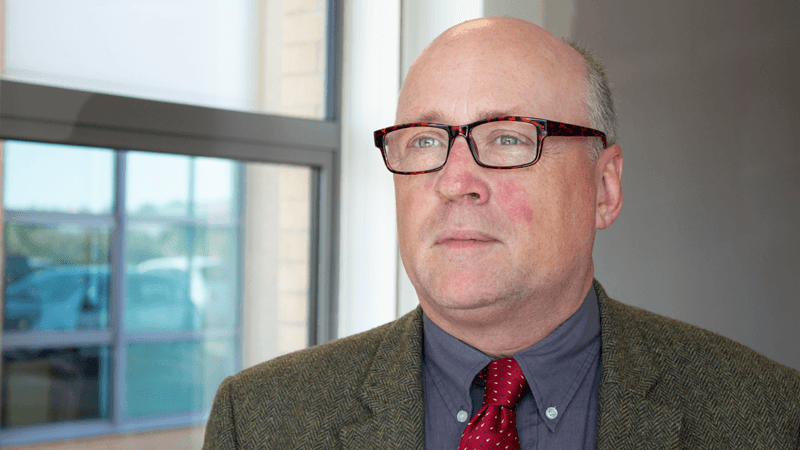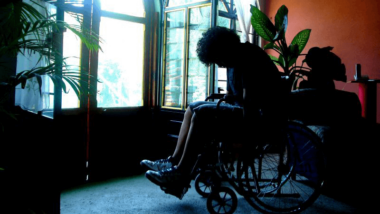Legalising assisted suicide in Scotland would throw out the principle of the equality of all lives, a leading bioethicist has said.
Dr Calum MacKellar, of the Scottish Council on Human Bioethics, recently gave a presentation to a large group of university students, arguing it would be irrational for Holyrood politicians to support the legalisation of assisted suicide while also throwing support behind a suicide prevention campaign.
But he was shocked when a student claimed there was no similarity between preventing suicide among young people and among the elderly or terminally ill.
‘Ageist and ableist’
Writing in The Scotsman, Dr MacKellar said: “I had never expected such a blatant ageist and ableist statement from a university student! Was this how many young people now considered elderly or disabled persons in Scotland?”
He added: “I could not comprehend how the student had come to such a conclusion. Was it because modern society only recognises a good life by the amount of pleasure and lack of suffering it experiences?
“If it is, then the belief that a life can become unworthy of life and should be ended is indeed rational.”I had never expected such a blatant ageist and ableist statement
Nazi Germany
He explained that the notion that not all lives are of equal value gave rise to appalling barbarities in Nazi Germany, with many different kinds of people murdered because their lives were deemed ‘unworthy of living’.
“As a result,” he said, “Scottish society through its parliament should avoid being naïve or gullible when considering the consequences of accepting that some lives are unworthy of life and that assisted suicide should be legalised.”I had never expected such a blatant ageist and ableist statement
He also argued that legalising assisted suicide goes beyond a person’s autonomy, as wider society would have to agree that some lives are of lesser value and no longer worth living.
“In other words, it would mean that the equality of all human life is, for the first time, no longer accepted by society.”
‘Compassionate care’
Dr MacKellar continued: “It would also mean that the protection in compassionate care of those whose lives are difficult or who experience suffering would become meaningless.
“Instead, it would be seen as preferable if the lives of such persons, considered to have unworthy lives, were ended even though appropriate palliative care may be available.”
The bioethicist concluded: “Scottish society can choose between absolute autonomy (enabling persons to believe whatever they want about the value of their lives) or absolute equality (enabling persons to believe that all lives are equal). But it cannot have both.”
SNP pledges to consider legalising assisted suicide if re-elected
Paralympian Peer: ‘Writing on wall for disabled people in assisted suicide Bill’
Christian MP to tackle ‘dystopic’ pro-assisted suicide campaign



